It’s the worst of times for Nepal. On one hand, the Himalayan kingdom is witnessing landslides, a lighting strike and flooding triggered by severe rainfall, while on the other hand, there’s a snowstorm that has trapped over 1,000 people on the slopes of Mount Everest.
Now, rescue workers are racing against the clock to reach the hikers, who are stuck at tourist campsites on the slopes of Mount Everest.
Snowstorm hits Everest
On Friday (October 3) evening, snowfall began in the valley of Karma, which leads to the eastern face of Everest. Notably, it is a relatively pristine part of the Everest region with most climbers opting for the north face.
The snowstorm later intensified on Saturday, blocking roads and trails and cutting off access. The heavy snowfall also resulted in ticket sales and entry to the Everest Scenic Area to be suspended, according to the local Tingri County Tourism Company.
The snowstorm also led to hundreds of trekkers being trapped on the slopes of Everest with Tibet’s Blue Sky Rescue team receiving a call for help saying that tents had collapsed due to heavy snow, and that some hikers were suffering from hypothermia.
Hundreds of trekkers stranded by a blizzard near the eastern face of Mount Everest in Tibet were guided to safety by rescuers, as unusually heavy snow and rainfall pummeled the Himalayas https://t.co/3GqKyh4C3Y pic.twitter.com/SVBS5QmDWC
— Reuters (@Reuters) October 5, 2025
One trekker, identified as Eric Wen, who emerged largely unscathed told Reuters, “It was raining and snowing every day, and we did not see Everest at all. We only had a few tents. More than 10 of us were in the large tent and hardly slept.”
He added that his group had to clear the snow every 10 minutes. “Otherwise our tents would have collapsed,” he said.
Chen Geshuang, another hiker, also recounted the miserable conditions she endured on the slopes of Everest. “It was so wet and cold in the mountains, and hypothermia was a real risk. The weather this year is not normal. The guide said he had never encountered such weather in October. And it happened all too suddenly.”
She added, “All of us are experienced hikers. But this blizzard was still extremely difficult to deal with. I was so lucky to get out.”
Rescuers struggle to save hikers
According to Chinese state media outlet Jimu News roughly 1,000 mountain climbers were pinned down at sites just below base camp on the north face of Mount Everest.
And since Saturday, rescue efforts were underway to get the hikers and their guides to safety. However, efforts have been hampered by persistent heavy snow and winds.
As of now, at least 350 people have been brought to safety while contact has been made with 200 others still stranded in the snowbound region. China Central Television (CCTV) said the several hundred rescued trekkers were brought to Qudang township under the guidance of local rescue teams. Hundreds more are expected to reach the area in stages as villagers and emergency workers clear deep snow from mountain passes.
The Tibetan regional government is said to have organised coordinated search and rescue operations, sending heavy machinery to reopen snow-blocked roads leading to the affected campsites.
A woman, whose husband was trapped in the snowstorm, told BBC, “Even for rescuers, it’s not easy. They need to clear snow to make a path. Local villagers and guides have also been mobilised to assist.”
She added that her husband told her that the snow kept piling up and he even barely slept at night as he was “afraid of being buried if he fell into a deep sleep”.
Dangers of climbing Mount Everest
Mount Everest is one of the crown jewels for climbers but poses many risks. In fact, there’s been a total of an estimated 330 deaths at Mount Everest, with most of them being caused by avalanches or falls. Acute mountain sickness, with symptoms of dizziness, vomiting and headaches, has also caused deaths.
In addition to the deaths, it has also been reported that more than 200 dead bodies have been left behind. Mountaineer coach Alan Arnette told CNN earlier, “When a member of a climbing party dies, it is routine to leave their body behind. What most teams do out of respect for that climber, they will move the body out of sight.”
Nepal struggles with extreme weather
While rescuers continue their efforts to bring down climbers from Mount Everest, Nepal is also struggling with landslides and floods, which have already claimed the lives of 64 people.
According to officials, the highways connecting the federal capital, Kathmandu, with the rest of the country have been obstructed since Saturday morning, and flights have been disrupted. At least 36 people were killed after landslides swept away houses in Koshi Province, in the country’s southeast, with the central provinces of Bagmati and Madhesh also being heavily affected by the intense rainfall that started on Friday night.
India, which surrounds Nepal on three sides, has offered to help. Earlier, Prime Minister Narendra Modi, said on X that the loss of lives and damage caused by heavy rains in Nepal are distressing. “We stand with the people and Government of Nepal in this difficult time,” he said. “As a friendly neighbour and first responder, India remains committed to providing any assistance that may be required.”
With inputs from agencies


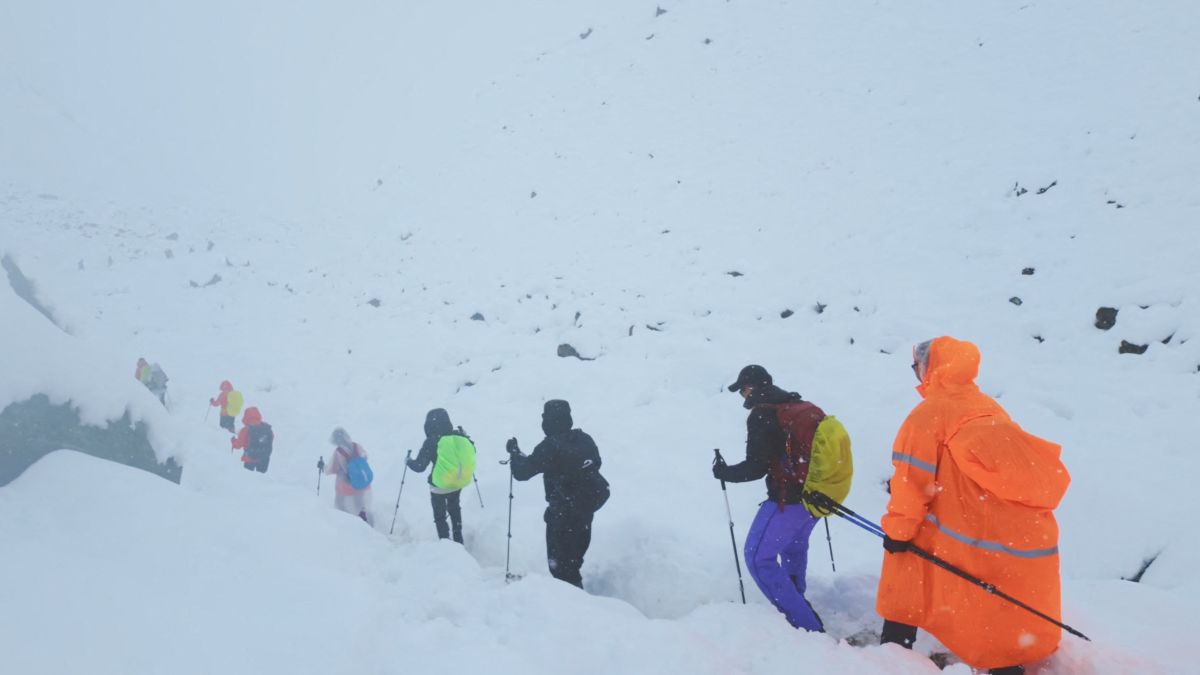)
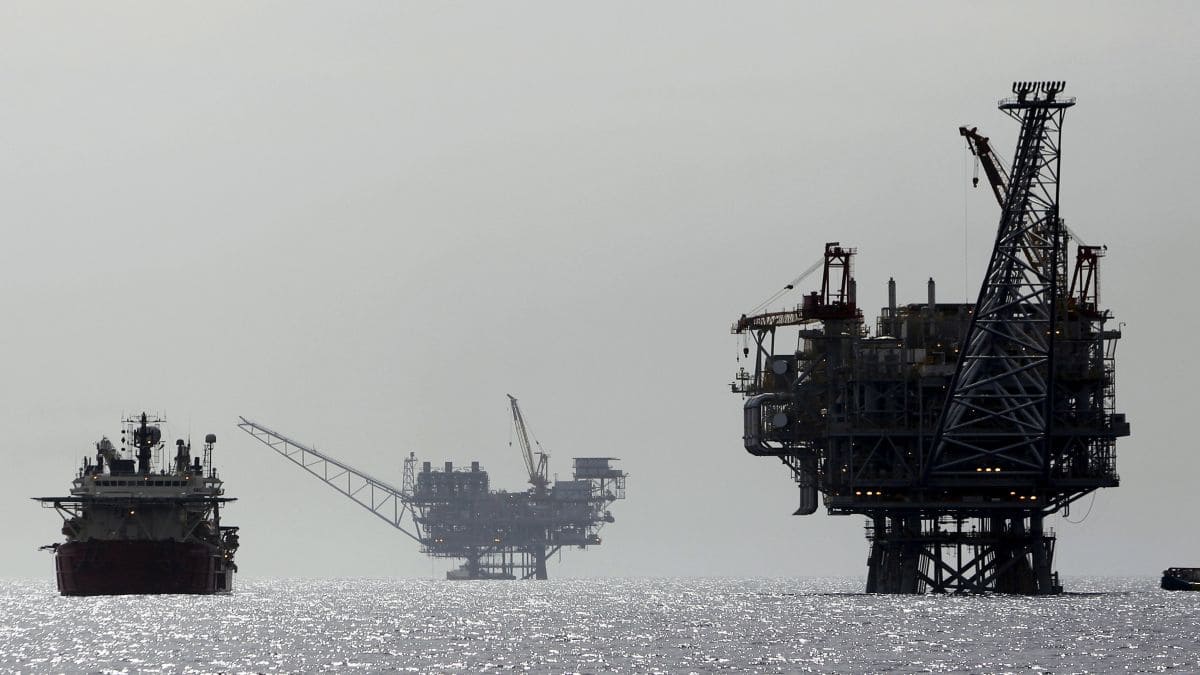
)
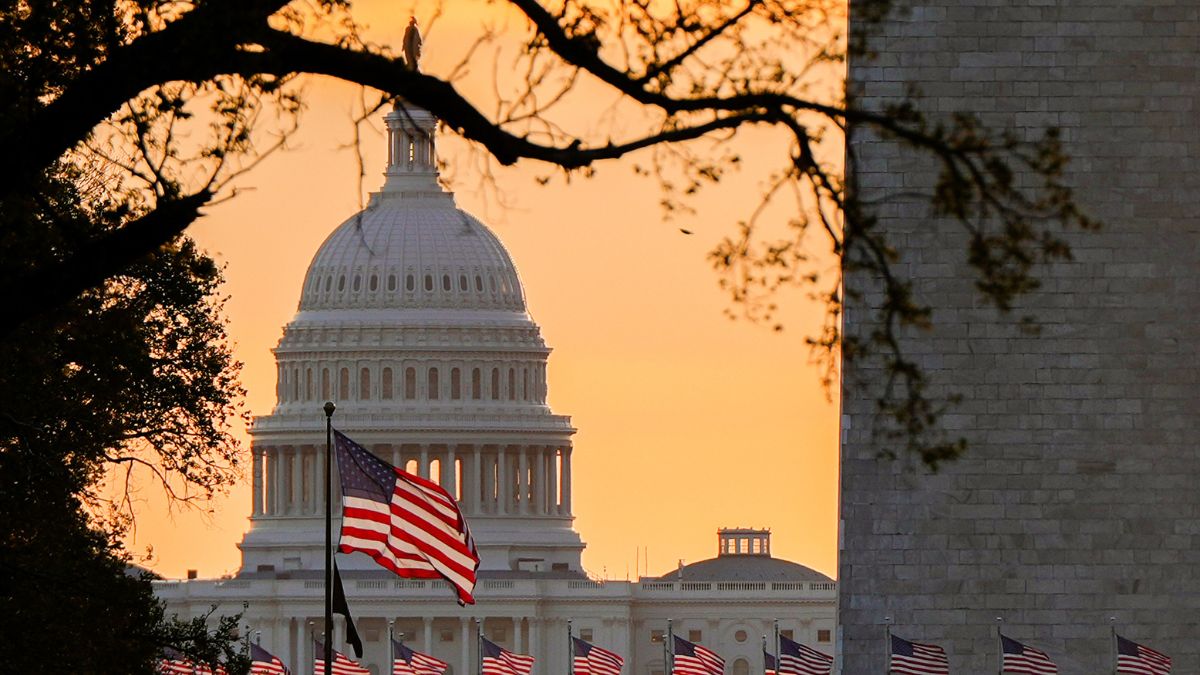)
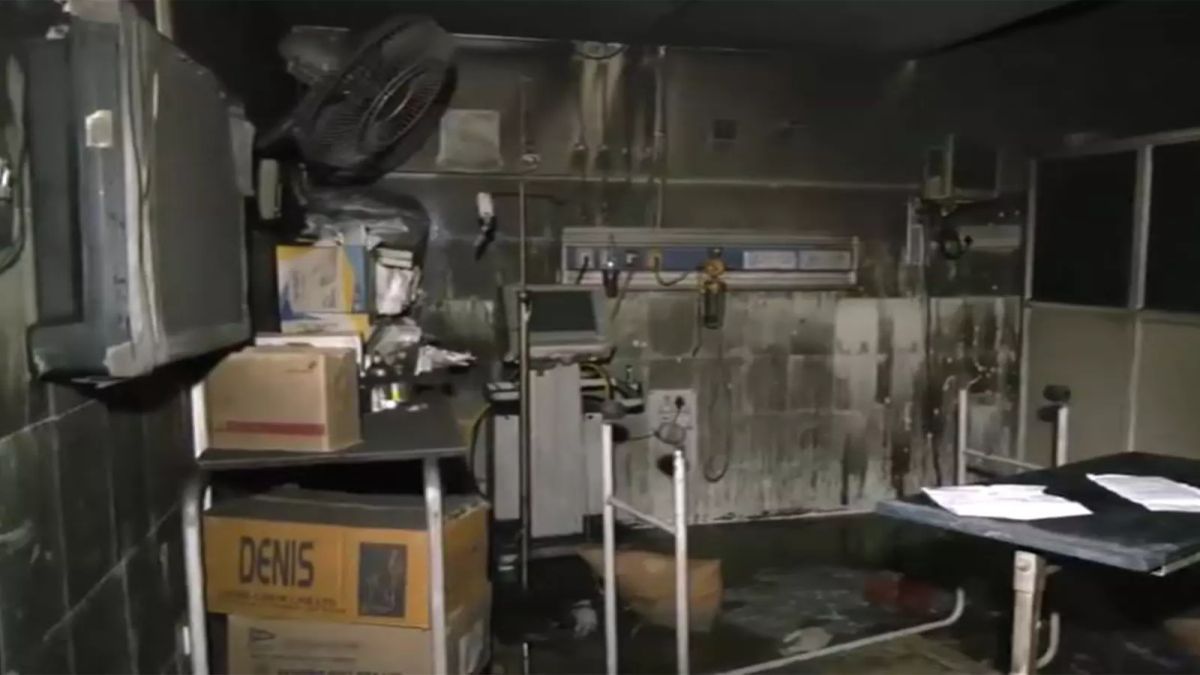)
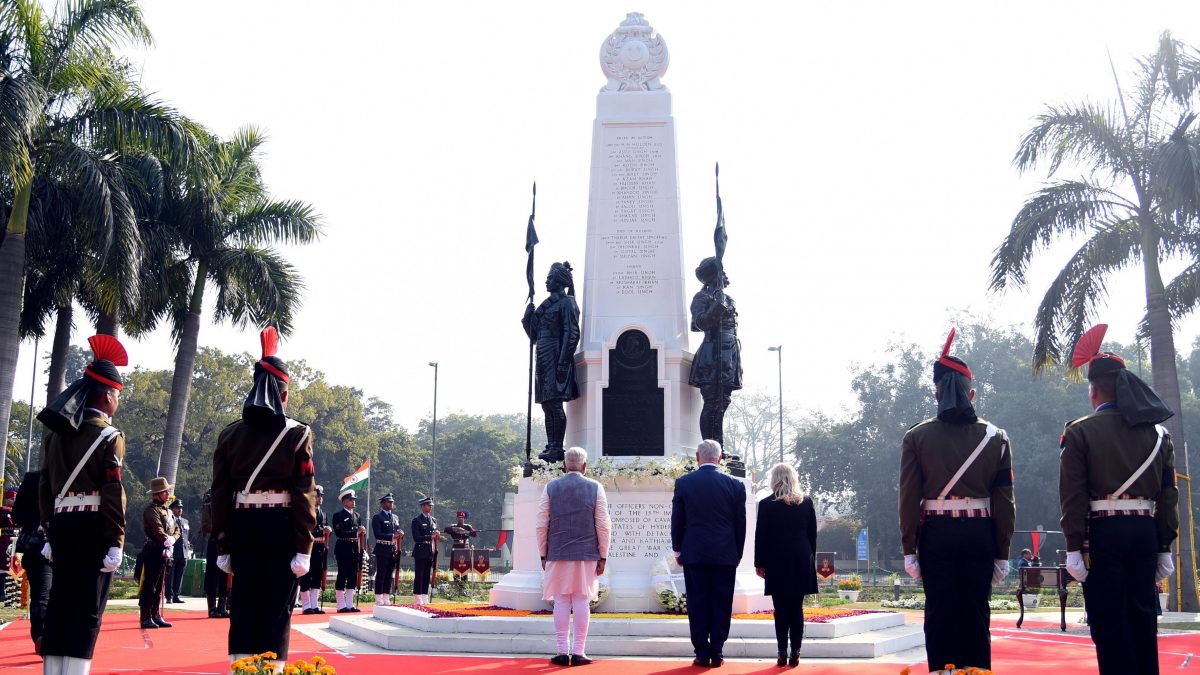)
)
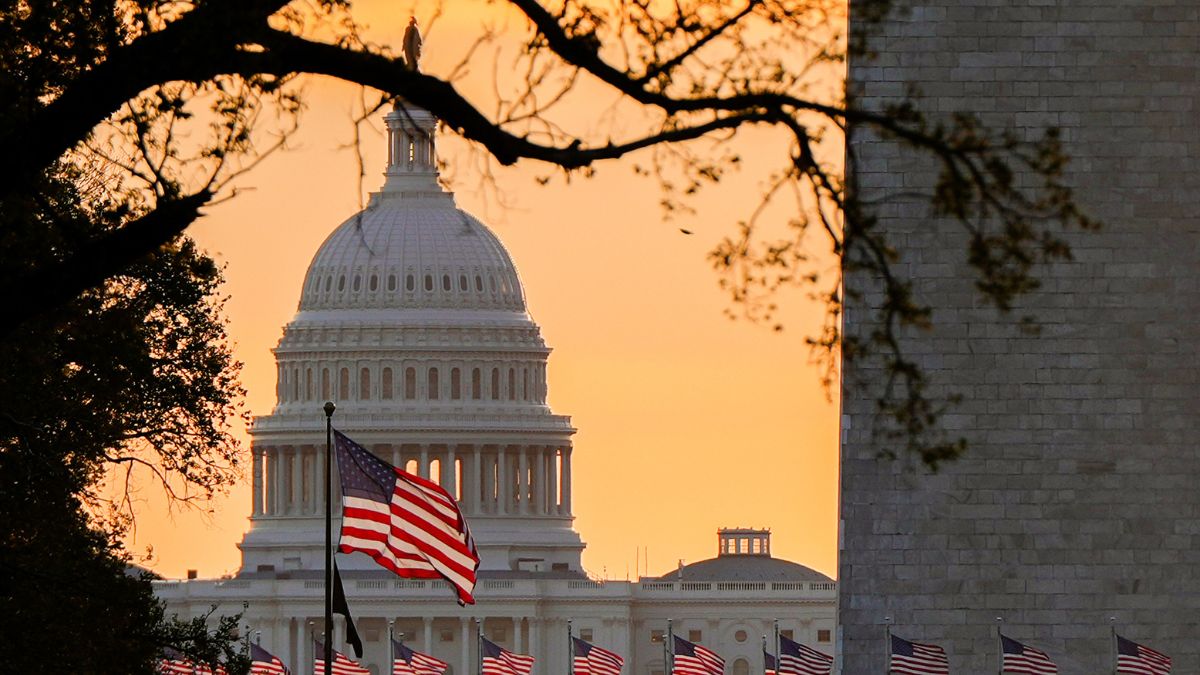)
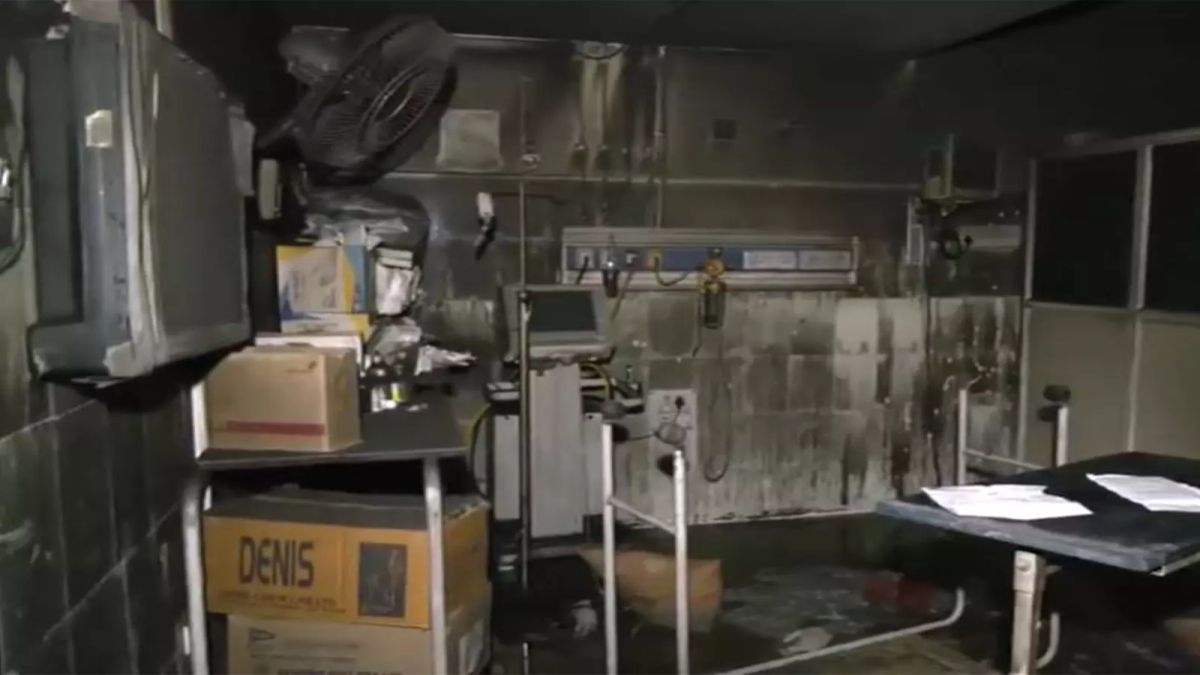)
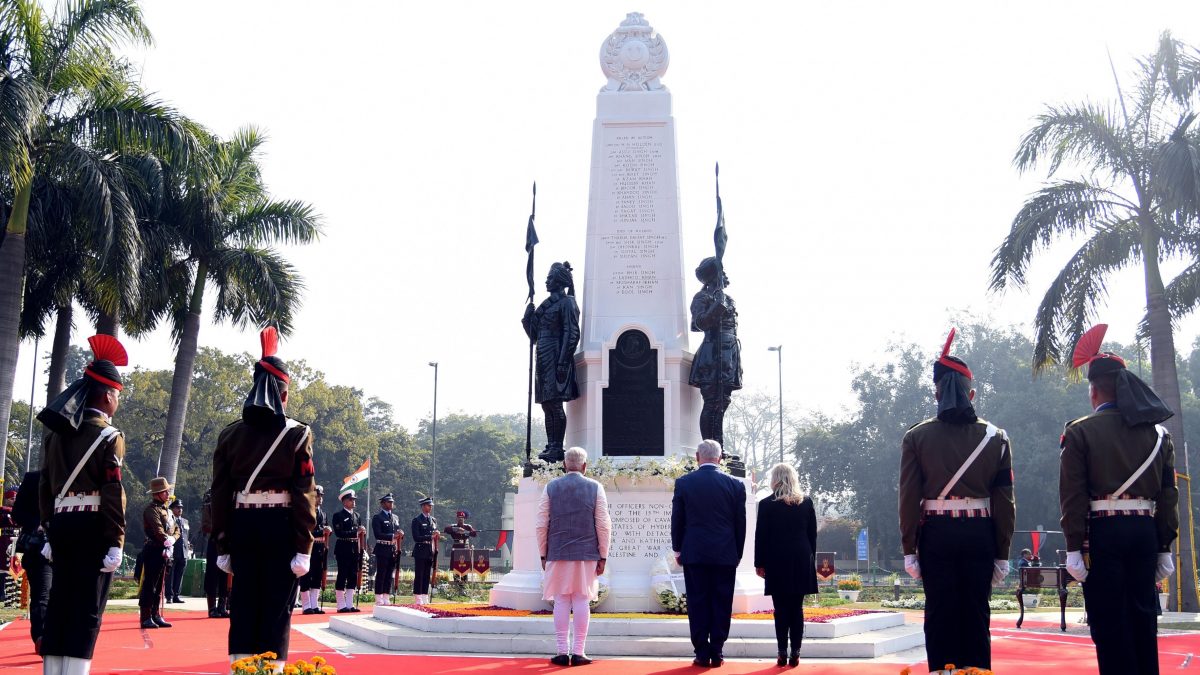)



